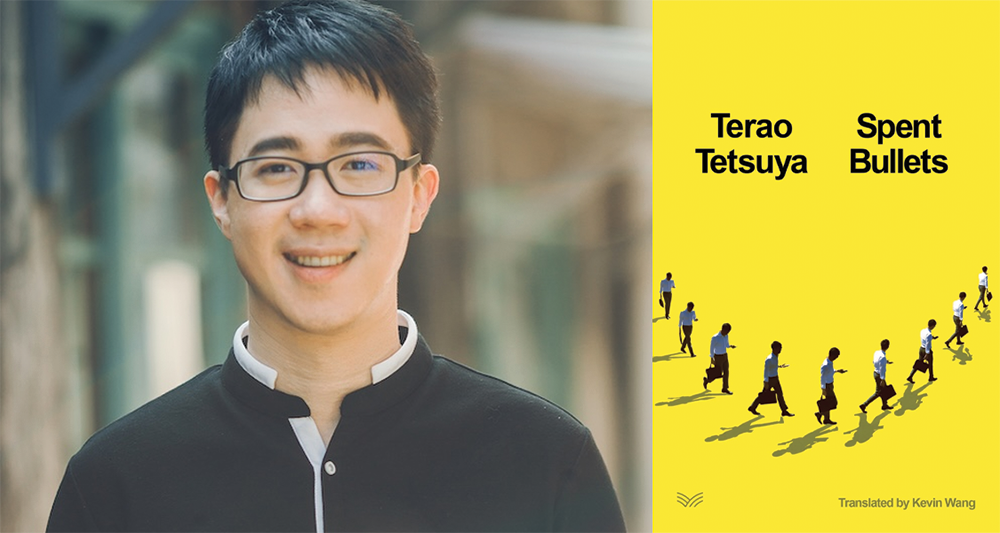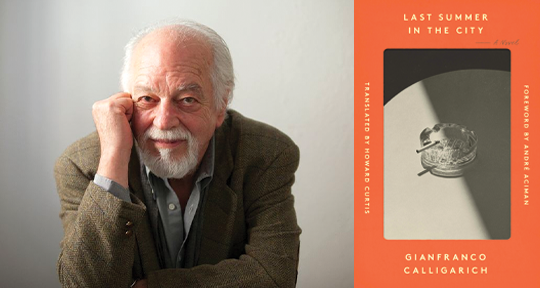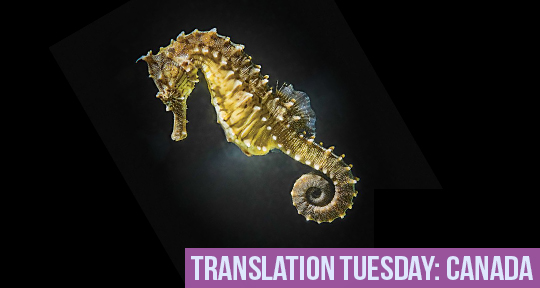Spent Bullets by Terao Tetsuya, translated from the Chinese by Kevin Wang, HarperVia, 2025
In his now-ubiquitous essay “The Myth of Sisyphus,” Albert Camus compares Sisyphus to an office worker. “The workman of today works every day in his life at the same tasks, and this fate is no less absurd,” Camus claims, comparing middle management to his titular hero. Now, in Spent Bullets, a dystopian, propulsive short story collection, the Taiwanese writer Terao Tetsuya renders Camus’s absurd workmen as a contemporary group of computer scientists, whose extraordinary brilliance belies the banality of their striving. (“Terao Tetsuya” is the pen name of Tsao Cheng-hao, taken from the names of manga characters Koichi Terao in “Over Drive” and Tetsuya Kuroko in “Kuroko’s Basketball.”)
Spent Bullets contains nine interlocking stories, following its central characters from junior high school to National Taiwan University to Silicon Valley. They are loosely constellated around the suicide of the impossibly gifted Jie-Heng, who, after reaching the upper echelons of a Californian tech firm, throws himself off a balcony in Las Vegas. The core cast of characters is rounded out by Ming-Heng, a college classmate and juvenile Go champion, and the Machiavellian Wu Yi-Hsiang (the only character given a family name), lover and tormentor of Jie-Heng. Other characters float at the periphery, including Hsiao-Hua, a classmate whose botched suicide attempt leaves her paralyzed, and Hsin-Ning, a lesbian classmate with whom Jie-Heng enters into an engagement of convenience. READ MORE…



